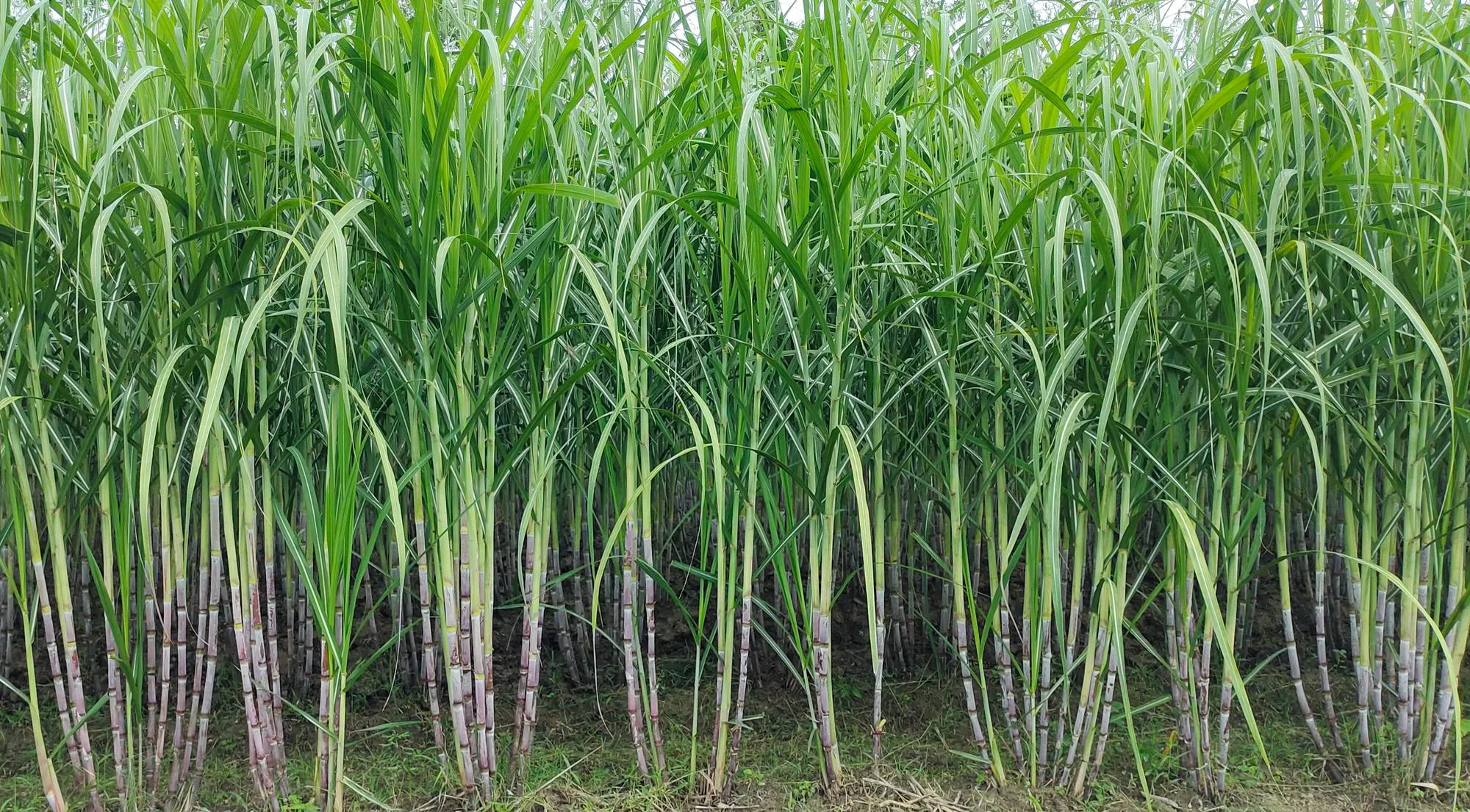In a groundbreaking study published in the January 13, 2024, issue of *Plant Science: An International Journal of Experimental Plant Biology*, researchers have announced a significant advancement in sugarcane biotechnology that could revolutionize bioethanol production. By employing CRISPR/Cas9 gene-editing technology, the team successfully reduced lignin content in sugarcane, a development that promises to enhance the crop’s viability as a source of renewable energy. The full text of the study is available at DOI: https://doi.org/10.1016/j.plantsci.2024.111987.
The breakthrough, orchestrated by Laksana Chanakan and colleagues at the Faculty of Agricultural Technology, Burapha University, and Kasetsart University in Thailand, focused on the targeted mutation of the SoLIM transcription factor, integral to lignin biosynthesis. Lignin, a complex organic polymer found in the cell walls of plants, has been notorious for its role in biomass recalcitrance – the resistance of plant cell walls to decomposition or conversion into biofuels.
Historically, treating sugarcane biomass to produce bioethanol has been challenging due to the need for pre-treatments to break down lignin and allow access to cellulose and hemicellulose for fermentation. These pre-treatments often involve harsh chemicals and processes that are both costly and environmentally burdensome. By reducing lignin content directly at the plant’s genetic level, the research team has circumvented the necessity for such aggressive methods.
The research article, titled “Lignin reduction in sugarcane by performing CRISPR/Cas9 site-direct mutation of SoLIM transcription factor,” details the intricate process of designing three target sequences of SoLIM and fusing them into the pRGEB32 cassette construct. These constructs were then introduced to sugarcane calli cv. KK3 via Agrobacterium-mediated transformation.
The gene-editing resulted in various mutations, including base substitutions and indels (insertions and deletions), at the three targeted sites of the SoLIM gene. Quantitative RT-PCR analysis elucidated the downregulation of SoLIM, which correspondingly reduced the expression of other genes in the lignin biosynthetic pathway, such as SoPAL, SoC4H, and SoCAD.
Remarkably, the edited sugarcane lines exhibited a 9.74 to 51.46% reduction in lignin content compared to the non-edited wild-type plants. Even more promising was the increase in the syringyl/guaiacyl (S/G) ratio in edited lines, which facilitates more efficient breakdown of lignin during bioethanol production processes.
Supporting these molecular findings, histochemical evaluations and scanning electron microscopy of edited sugarcane cell walls validated the reduced lignin accumulation and altered cell wall composition.
This innovation addresses a longstanding barrier in leveraging sugarcane for bioethanol production, positioning the edited sugarcane as a far superior feedstock for second-generation bioethanol processes. The ability to reduce or eliminate the need for harsh chemical pre-treatments is a win for both the biofuel industry and environmental sustainability.
The authors of the study, Chanakan, Sophiphun Onsulang, and Sontichai Chanprame declare no competing financial interests or personal relationships that could have influenced their research, ensuring the integrity and scientific impartiality of their work.
The implications of this research are vast, not only for bioethanol production but also for other applications of lignocellulosic biomass, such as paper manufacturing and chemical production. With the growing urgency to transition to renewable energy sources, such advancements in agricultural biotechnology prove to be timely and essential.
For industry professionals and researchers, this study presents several promising avenues for exploration and collaboration, setting a new standard for agricultural genetic engineering and its role in sustainable energy production.
References
1. Chanakan, L., Onsulang, S., & Chanprame, S. (2024). Lignin reduction in sugarcane by performing CRISPR/Cas9 site-direct mutation of SoLIM transcription factor. Plant Science, 340, 111987. https://doi.org/10.1016/j.plantsci.2024.111987
2. Plant Science. (2024). An International Journal of Experimental Plant Biology. Elsevier.
3. Burapha University Faculty of Agricultural Technology. (n.d.). Research and Development. Sakaeo Campus, Sakaeo, Thailand.
4. Kasetsart University Department of Agronomy. (n.d.). Faculty of Agriculture at Kamphaeng Saen. Nakhon Pathom, Thailand.
5. Biomass recalcitrance and biotechnology. (n.d.). Research relevance to the reduction of cell wall thickness and subsequent biofuel applications.
Keywords
1. CRISPR/Cas9 sugarcane lignin reduction
2. Sugarcane bioethanol production
3. Genetic engineering plant cell walls
4. Lignocellulose composition sugarcane
5. Second-generation bioethanol feedstock
